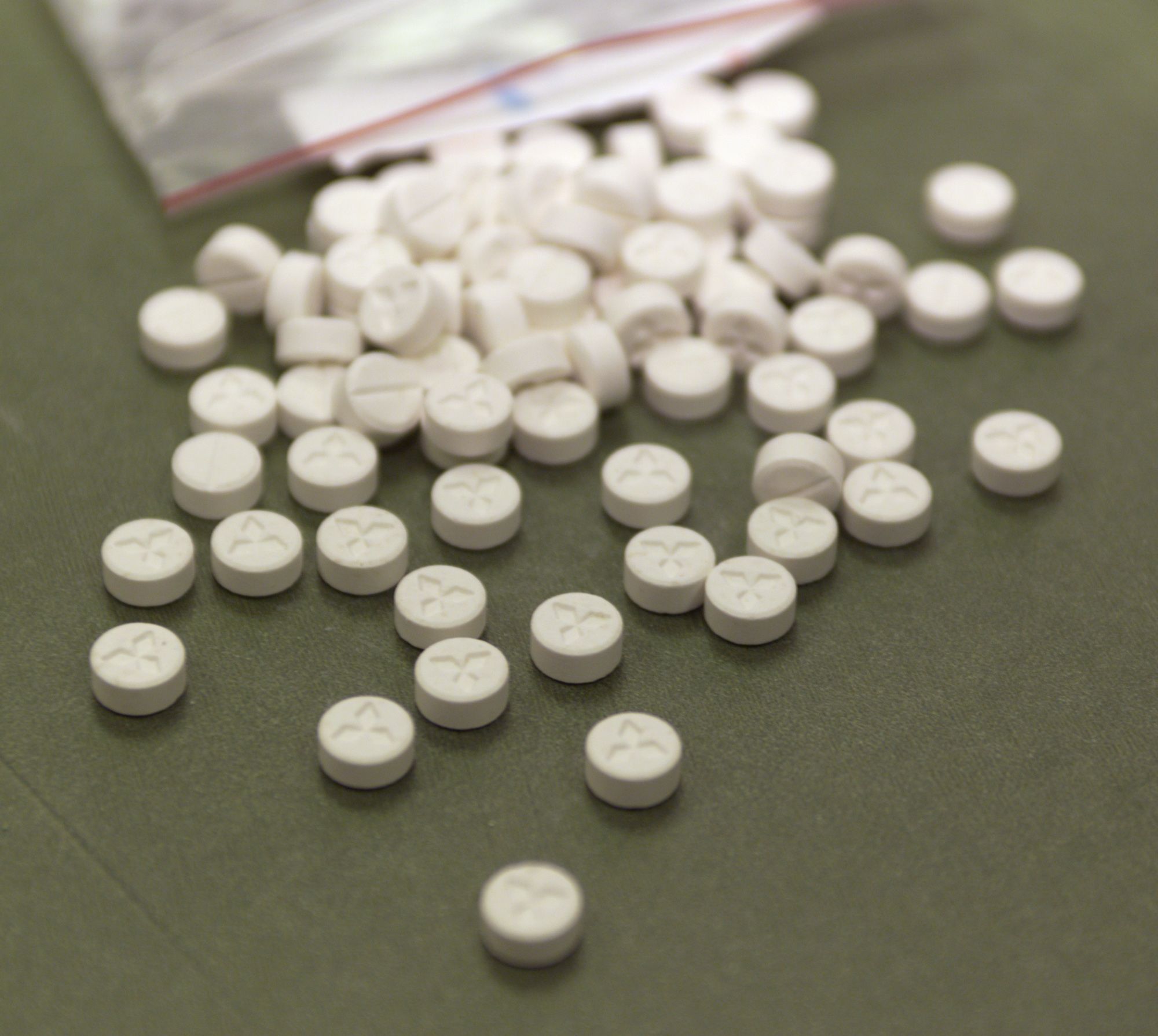
The final round of clinical trials for MDMA assisted psychotherapy is kicking off in Vancouver, leading the way for Canada and the United States to approve the drug for therapeutic use as early as 2021.
The third and final phrase of trials gets underway after the Food and Drug Administration (FDA) designated MDMA as a "breakthrough therapy" for post-traumatic stress disorder (PTSD) in August 2017, ensuring that it will work with advocates to complete the last phase quickly.
Traditional PTSD treatments can last years or as long as a lifetime and focus on desensitization, which can cause pain. Even more, just 10 to 15 percent of people actually recover, and there's a high drop-out rate, Mark Haden a public health professor at the University of British Columbia told Canada's CTV News. On the other hand, MDMA-assisted therapy usually lasts fewer than four months and two-thirds of participants didn't have PTSD one year after treatment, he told the news outlet.
The therapy consists of three eight hour sessions in which the participant takes MDMA, and 12 sessions without the drug. The entire process spans three-and-a-half months.
MDMA, or 3,4-methylenedioxy-methamphetamine, is an empathogen, meaning that it stimulates togetherness and trust among users. It also inhibits activity in the brain that treats fear and stimulates hormones that make people feel more connected. While some may refer to MDMA and ecstasy interchangeably, MDMA is the pure form of the drug, while ecstasy can be cut with unknown adulterants.
"It wasn't a party drug. There was no party," Ed Thompson, a former PTSD sufferer who took part in the second round of trials told CTV. "It wasn't trippy. I didn't see things. I didn't have some miraculous spiritual experience. I didn't get the urge to get up and dance.
"For the first time in years I was able to open up and talk painlessly," he added. "The fear, the barriers were removed and I was able to talk to these people."
This final Canadian trial will cost $26 million, will involve up to 150 participants, and is intended to test whether the results obtained in the second stage can be replicated on a larger scale.
Vancouver is one of 16 sites spread out amongst Canada, the United States, and Israel, where researchers are attempting to prove that MDMA has strong therapeutic purposes. In the United States, the FDA has greenlit a third round of clinical trials, which could be launched in the spring and continue into 2021. But first, the Multidisciplinary Association of Psychedelic Studies, which is overseeing the research in North America, must collect $25 million to conduct the study. So far, it has received a $5 million donation from soap maker Dr. Bronners and more than $1 million in bitcoin from a cryptocurrency philanthropist.
Uncommon Knowledge
Newsweek is committed to challenging conventional wisdom and finding connections in the search for common ground.
Newsweek is committed to challenging conventional wisdom and finding connections in the search for common ground.
About the writer
Lauren is a breaking news reporter. Before Newsweek, she worked as a reporter for The Brooklyn Paper covering local news and ... Read more
To read how Newsweek uses AI as a newsroom tool, Click here.








